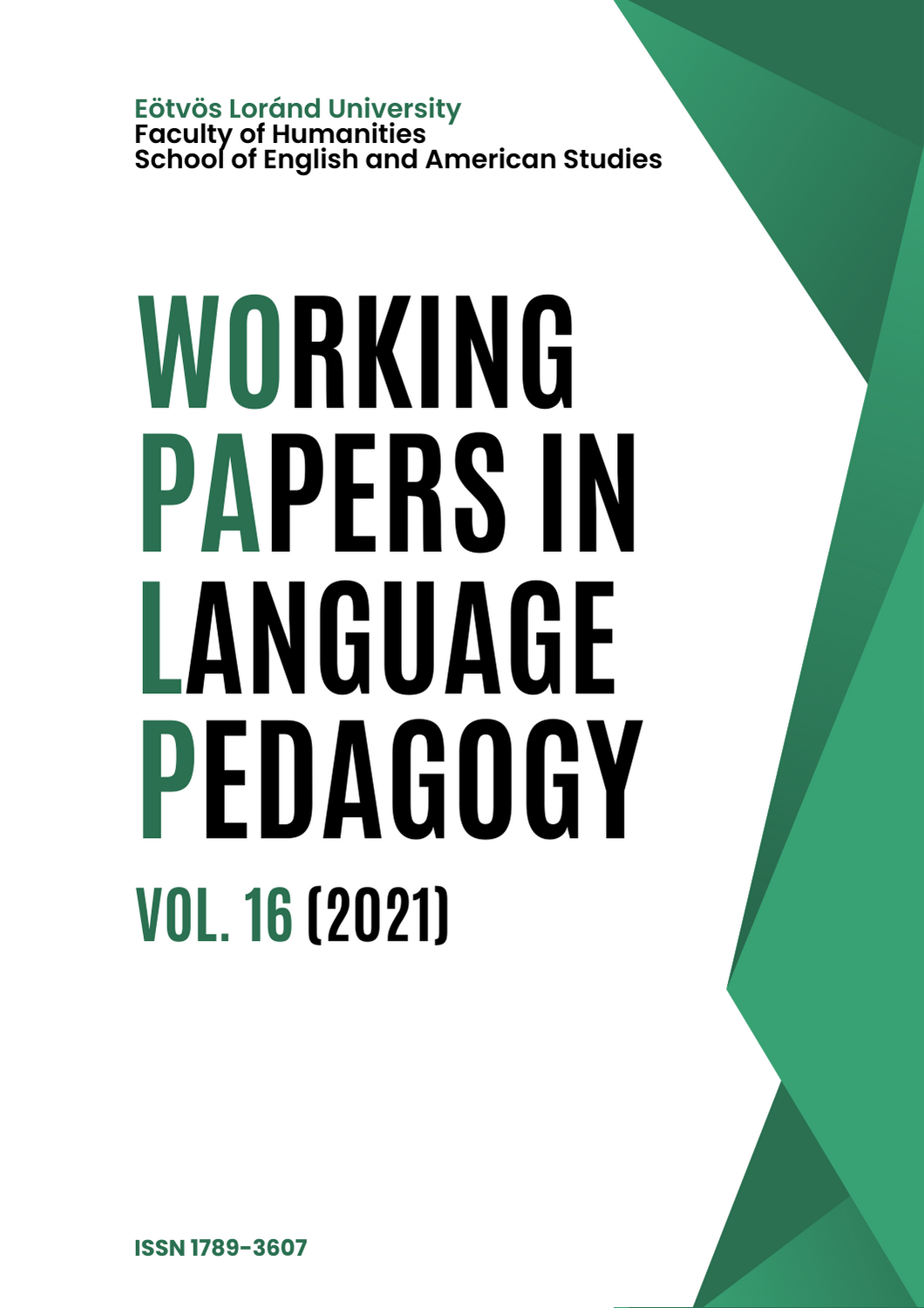Focusing on the Explicit and Implicit Language Learning-Related Beliefs and the Habits of Hungarian Adult English as a Foreign Language Learners
DOI:
https://doi.org/10.61425/wplp.2021.16.82.109Keywords:
learner beliefs, learning habits, explicit, implicit, questionnaire studyAbstract
Investigating learners’ foreign language learning-related beliefs has a long tradition (Dörnyei & Ryan, 2015), and exploring explicit and implicit learning mechanisms is not less the scope of recent research endeavours (e.g., Maie & DeKeyser, 2019). However, there is little research on learner beliefs about these two learning mechanisms. With this in mind, this study primarily aims to examine language learners’ beliefs about these two learning mechanisms. This study pilots and validates the intended use of a questionnaire, referred to as the Explicit-Implicit Learning Habits Survey (EXIS). Sixty-three Hungarian adult English as a foreign language learners participated in this study, with data collected with an online questionnaire. Statistical procedures were applied to analyse language learners’ affective, behavioural, and cognitive dimensions regarding implicit and explicit learning. The results support that the EXIS can reliably measure the proposed constructs. Based on the beliefs of the selected sample, implicit learning is more effective than explicit learning. Besides this, the participants prefer implicit learning to explicit learning, and they also displayed more implicit learning habits and language use. The results are preliminary, highlighting the importance of the behavioural dimension of implicit language use and the effort invested in language learning in predicting perceived foreign language learning success. The implications of this study indicate that implicit learning should play an important role in the foreign language learning classroom.




